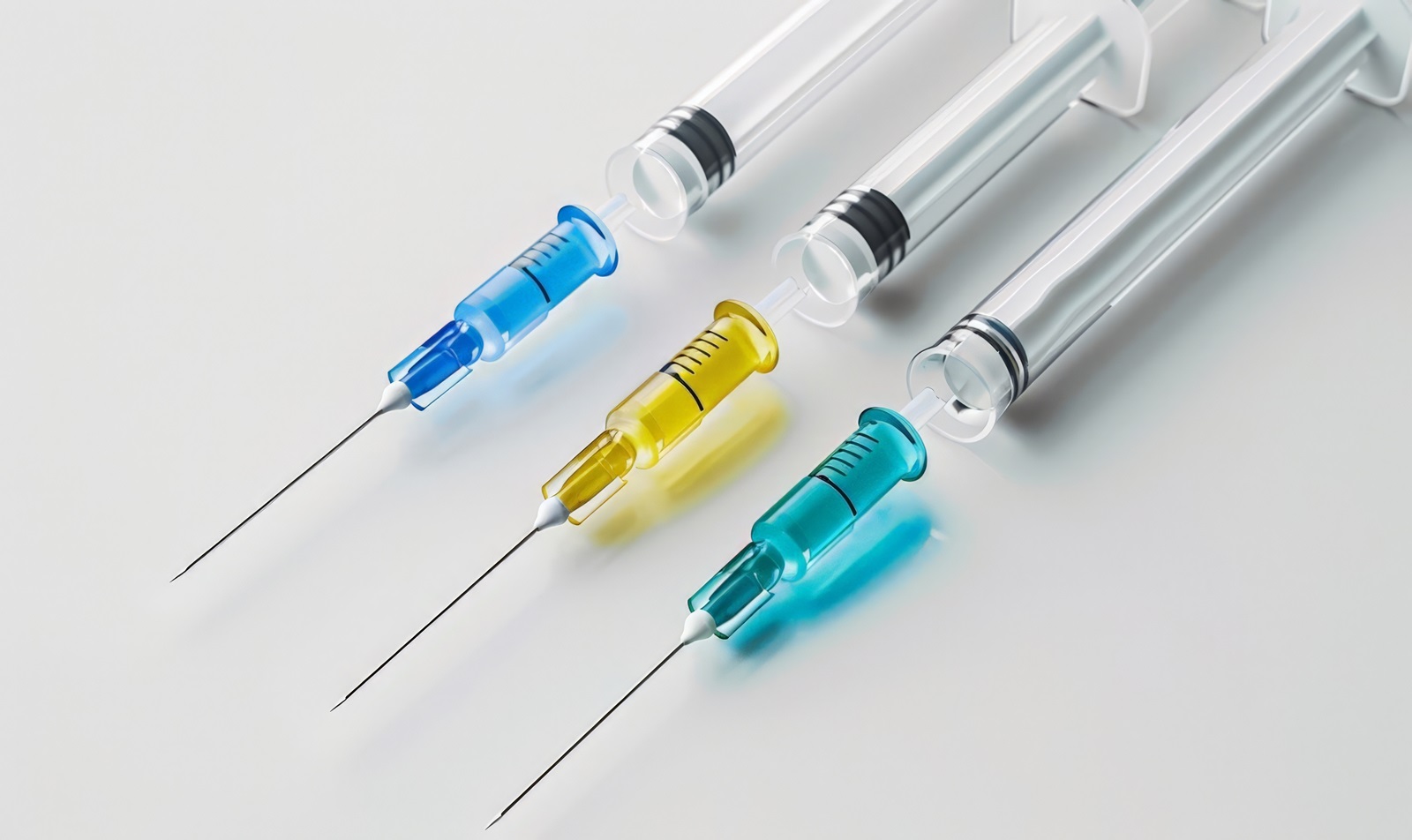
Lab work typically requires a standard 18- to 23-gauge needle. However, certain circumstances require specialized needles of different sizes and designs. Given the wide variability of lab applications, several factors should be considered before buying and using lab needles.
For starters, the lab sample's viscosity, material, and volume are key factors to consider. Depending on your specific situation, you may opt for a blunt or sharpened tip. In addition, sterile needles with high-tech safety features protect lab techs and instill confidence in the validity of your results.
Air-Tite is here to help your lab succeed. Before you shop, here’s what you need to know to find the best needle for lab applications.
If there’s one place where precision is crucial, it’s the lab. A lab’s reputation relies on good needles for the predictable delivery of substances for testing and research.
Choosing the correct needle ensures accurate, consistent, and safe lab work. Here’s how:
Accuracy: Needles must have the appropriate inside diameter and length for precise administration of liquids.
Consistency: Quality needles allow for predictable repetition in multiple trials.
Safety: Proper needle selection prevents costly and hazardous leaks and pop-offs.
Selecting the appropriate needle based on application makes procedures easier and preserves sample integrity. Don’t risk dangerous lab accidents or waste precious test materials. The right needles perform as expected to avoid delays and maintain high lab standards.
The needles you select will depend on their intended use, as different applications require specific needle traits. Labs may use needles for liquid handling, sample collection, reagent dispensing, and injecting and sampling lab animals.
Always consider the needle material and intended use to avoid potential reactivity. When handling liquids or dispensing reagents, the viscosity should inform the needle gauge. More viscous liquids require larger needle gauges. Needle length mainly depends on the size of the providing vessel.
For sample collection, choose a sharp or blunt needle depending on where the sample will be obtained. If you’re dealing with lab animals, the needle length and gauge depend on the type of animal.
In addition, sterility is essential to avoid contamination that compromises lab findings. Regulatory compliance with OSHA and FDA should always be considered when selecting lab needles.
Not all needles are the same. Variations include:
Blunt needles have a dull rather than a sharp point, making them the preferred choice for sampling and dispensing in open applications. However, beveled needles have a sharp tip, typically with a tri-beveled design. Beveled needles may be used for sampling in a closed vessel, drawing substances, or injecting lab animals.
Injecting and drawing fluids for unique purposes like invitro-fertilization (IVF) research may warrant the use of specialized bent or angled needles with features like a variable gauge and metal or plastic hubs. Spinal needles have a single bevel with a pointed tip. They’re made with a single cut at an acute angle and may also feature a stylet.
Choosing the right needle diameter based on the liquid viscosity ensures proper flow for a smooth delivery. If the diameter is too small for a thick liquid, it may get stuck, build up pressure, and cause problems like pop-off. On the other hand, thin liquids require a smaller needle diameter for better control. The sample volume is another critical factor when choosing the right needle. Smaller volumes require a finer needle gauge to reduce waste and ensure accuracy.
Choosing the right needle for lab applications may seem complicated. Fortunately, Air-Tite makes needle shopping easy. Our needle experts have been in the business since 1926. We have answers to your questions and solutions to your problems.
Air-Tite’s 18-gauge x 2-1/2" needles are specially made with the lab setting in mind. These individually packed needles are sterile and designed with a 90-degree blunt tip. For additional sterile needles ranging between 15-gauge x 1-1/2 and 20-gauge x 1-1/2, check out Excel International Blunt Needles. With an aluminum hub and surgical stainless-steel wall, these quality needles offer excellent value for the price.
Air-Tite also offers a range of specialty needles with unique and desirable qualities. TSK Low Dead Space and INViSIBLE Needles are manufactured in Japan. The low dead space hub leaves practically nothing behind, bringing cost savings to your lab. It’s made of hard polymer to reduce flexing and pop-off. It also features external hub threading to prevent leaks.
BD Spinal Needles and Exel Spinal Needles are siliconized to offer a smooth, seamless puncture. Both products are latex-free with a transparent hub.
Still not sure which needles to choose? Let our experts help you find the right features for your specific application. You can view current prices on Air-Tite’s website to plan your next adventure in the lab.
Get the lab needles you need today by shopping Air-Tite’s extensive inventory of high-quality products, click below!